For the most part, President Trump hasn’t had to worry too much about the loyalty of his fellow Republicans on Capitol Hill. Sure, he needed to make a trip to the other side of Pennsylvania Avenue to pressure a few Republican holdouts to support his “big, beautiful” package of tax cuts and spending cuts, but the rank-and-file has tended to blindly follow whatever the White House wants.
Yet over the last several days, a slight divide has emerged between Trump and Republicans – or more specifically, Trump and Senate Republicans – on Ukraine and Russia policy. The ongoing war in Ukraine, Russian President Vladimir Putin’s maximalist demands and the cumbersome nature of Trump’s diplomatic initiative have driven some of the GOP’s more hawkish elements to press the administration into hitting the Russian economy with additional sanctions. Patience in Congress is wearing thin – and although Republican lawmakers won’t officially declare Trump’s negotiating efforts dead, it’s becoming abundantly clear that fewer and fewer members view the effort as a process worth banking on.
Some of the more senior members of the Senate Republican conference are speaking up to bring the White House closer to its position. And the message is clear: Putin is playing you, Mr. President. “We’ve given Russia plenty of opportunity to find an honorable and just end to this war,” Senator Lindsey Graham said on the Senate floor last week. “They’re not interested.” Senator Chuck Grassley was blunter on X, writing that Trump should treat Putin as strongly as he treats Harvard, the Ivy League school that has lost more than $3 billion in grants and contracts since last month. Meanwhile, Senate Majority Leader John Thune said he was prepared to formally put a new Russia sanctions package on the floor if Moscow doesn’t begin negotiating seriously. That piece of legislation, which among other things would slap 500 percent tariffs on any country that purchases Russian oil and gas, already has a veto-proof bipartisan majority.
The frustration with Putin is boiling in Trump’s orbit too. Trump himself has treated his Truth Social account as a bona-fide therapy tool since last week, railing on the Russian leader for killing innocent people as peace talks are ostensibly occurring and calling him a crazy individual who is “playing with fire,” a phrase that sounds eerily similar to Trump’s past rhetorical fury against North Korean leader Kim Jong-un eight years ago. The State and Treasury Departments are reportedly drafting sanctions proposals in the event Trump loses his patience with Putin entirely and orders more penalties on the Russian economy. This would be, let’s say, ironic: Secretary of State Marco Rubio recently testified to the Senate Foreign Relations Committee that more sanctions could very well push Putin to leave the negotiating process altogether, putting the kibosh on what is perhaps Trump’s most significant foreign policy priority.
At this stage of the game, however, the President is still thinking about pulling the trigger. We can only imagine what Trump is thinking at this particular moment – and what he’s thinking today could very well change tomorrow. But based on his public comments, it seems safe to say that this month has been a gut-check for him. Trump came into office believing his personal rapport with Putin and acute negotiating capacities could bring Europe’s deadliest war in 80 years to a close. His original gameplan included striking a short-term unconditional ceasefire right out of the gate, which ideally would calm the 1,000-kilometer frontline for a time, establish a smidgen of trust and provide Putin and Ukrainian President Volodymyr Zelensky with an opportunity to craft a mutually acceptable way out of the conflict. And, ideally, that mutually acceptable outcome would be a compromise with a number of elements in it, including territorial concessions to the Russians (however morally icky that may feel), European security assurances for Kyiv, Ukrainian neutrality and US sanctions relief for the Kremlin.
Yet as Trump is learning first-hand, the ideal is very rare in international diplomacy. The Russian army continues to take a high rate of casualties in the east, but not high enough for Putin to reassess the endgame he has been craving since the war started more than three years ago: Ukraine’s subjugation. Rumors of another Russian offensive this summer as well as minor Russian gains in some Ukrainian villages in the Kharkiv and Sumy regions, combined with questions about how long Washington will aid Ukraine with billions of dollars in military aid, is no doubt outweighing whatever concerns Putin may have about the sustainability of his army’s combat power.
Therein lies the rub for Trump: talking about getting out of the process and shoveling the Ukraine problem to the Europeans will conserve Washington’s diplomatic resources, but it’s also likely to encourage Putin to continue betting on military force. This, in turn, is likely to make any foray in pursuit of a settlement even harder to reach.
On the other hand, doing what a growing number of Senate Republicans are clamoring for – keeping the flow of military aid to Kyiv intact indefinitely and piling more sanctions on the Russian economy – isn’t a panacea either. While it would certainly throw another wrench into Putin’s grand ambitions for Ukraine and complicate a Russian gross domestic product that international forecasters have already downgraded, there is a legitimate question as to whether Putin would respond to more pressure in the way we would like. It’s not like the United States hasn’t thrown a bundle of sharp-edged sticks at Putin before. The Biden administration’s entire Ukraine policy revolved around opening up US military stockpiles to the Ukrainians and weakening the Kremlin’s ability to fund its war effort, and the final result is where we are right now: a stalemate at best and minor momentum on Russia’s side at worst.
Ultimately, Republican lawmakers will follow Trump’s lead on the war. But the longer the talks prove unproductive, the greater chance the unified front will chip away.










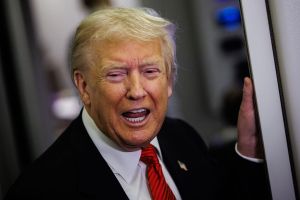
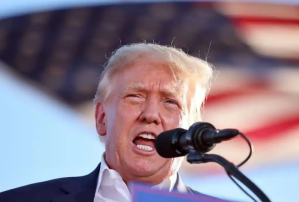

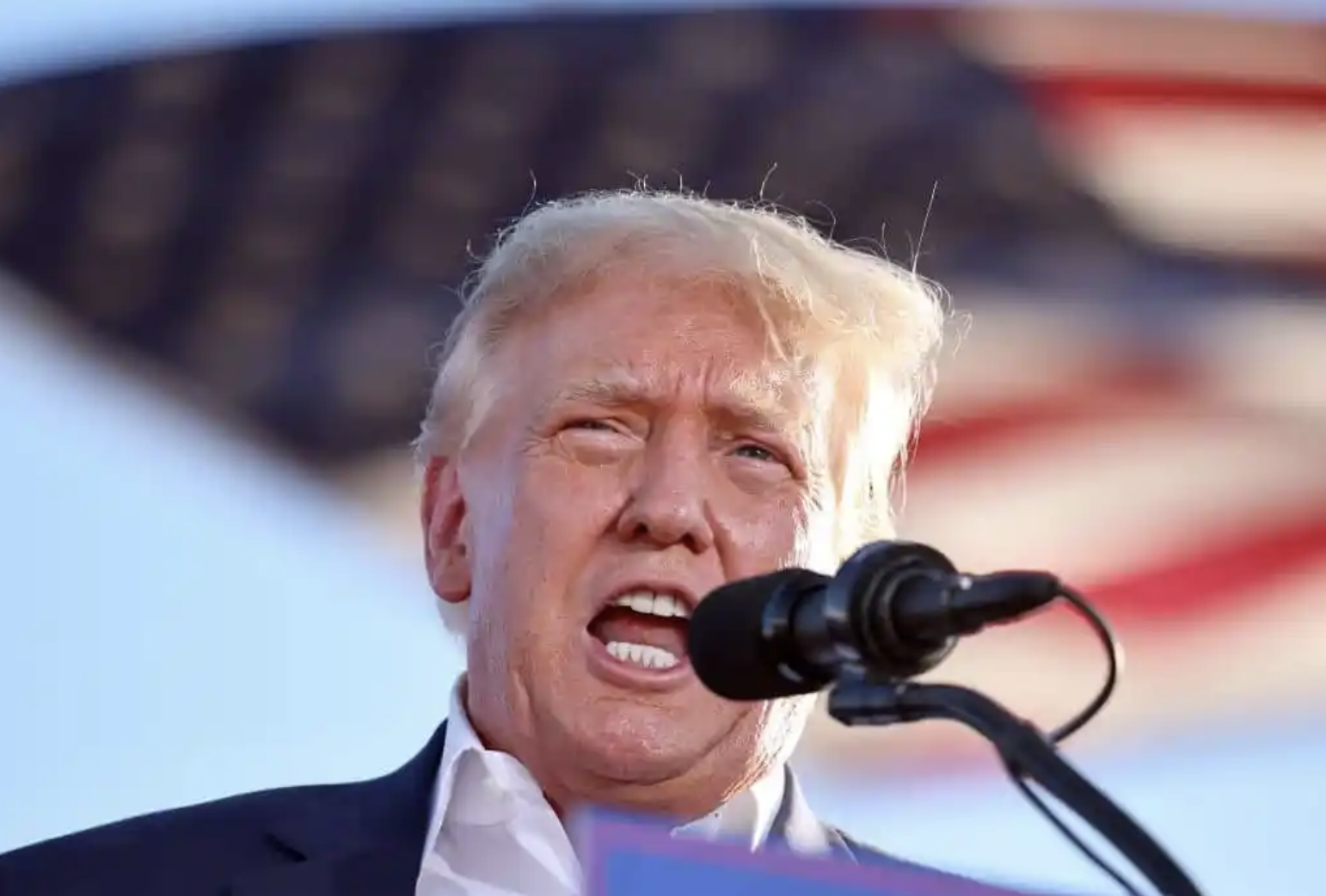

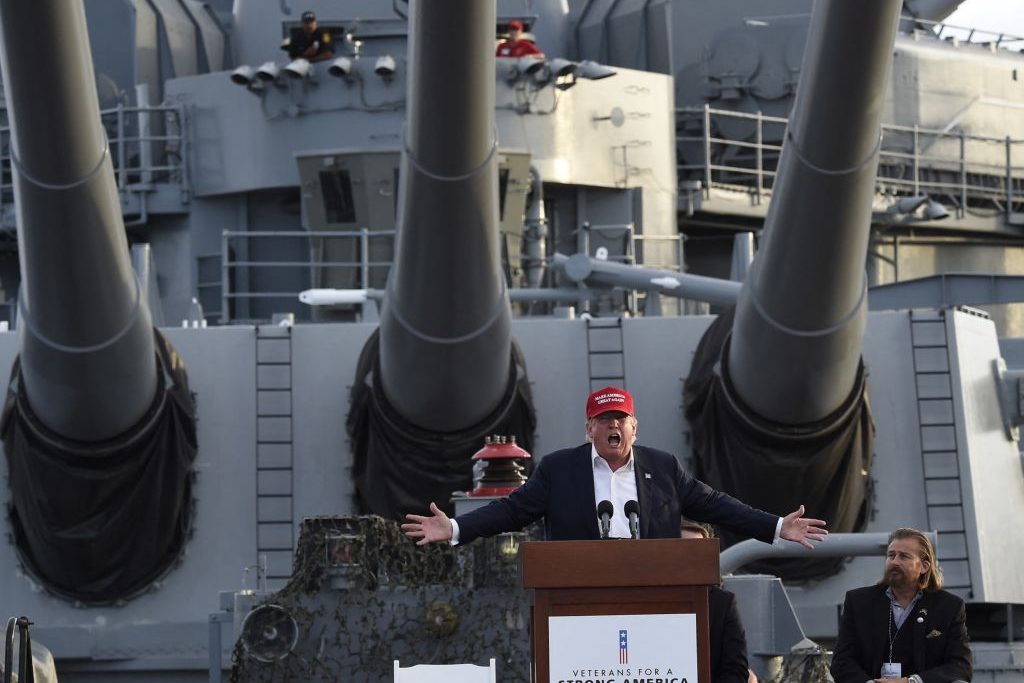
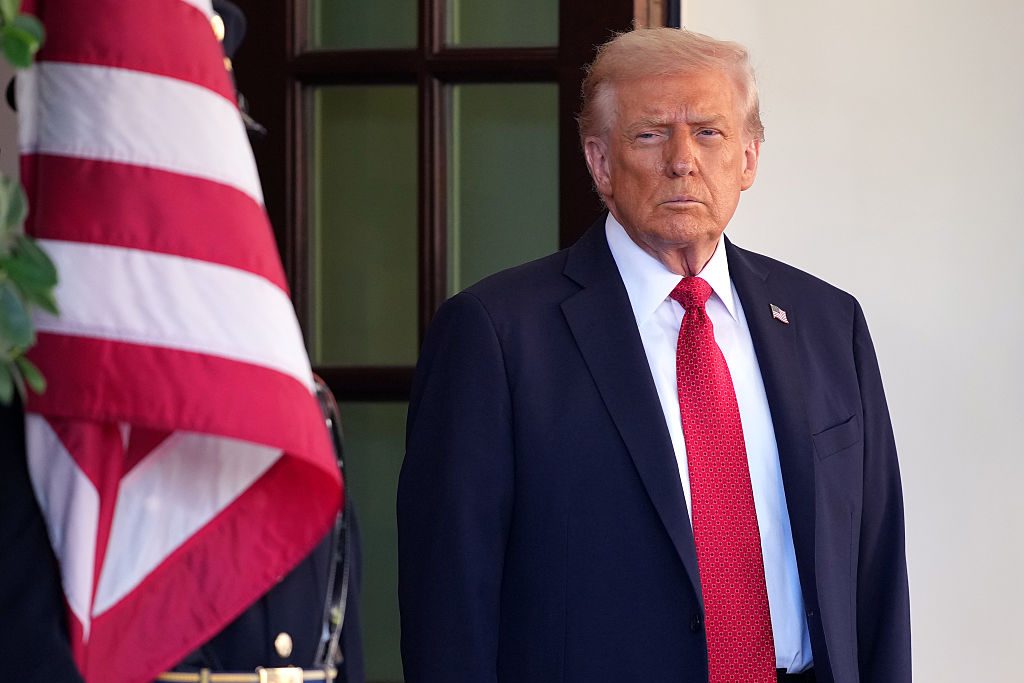

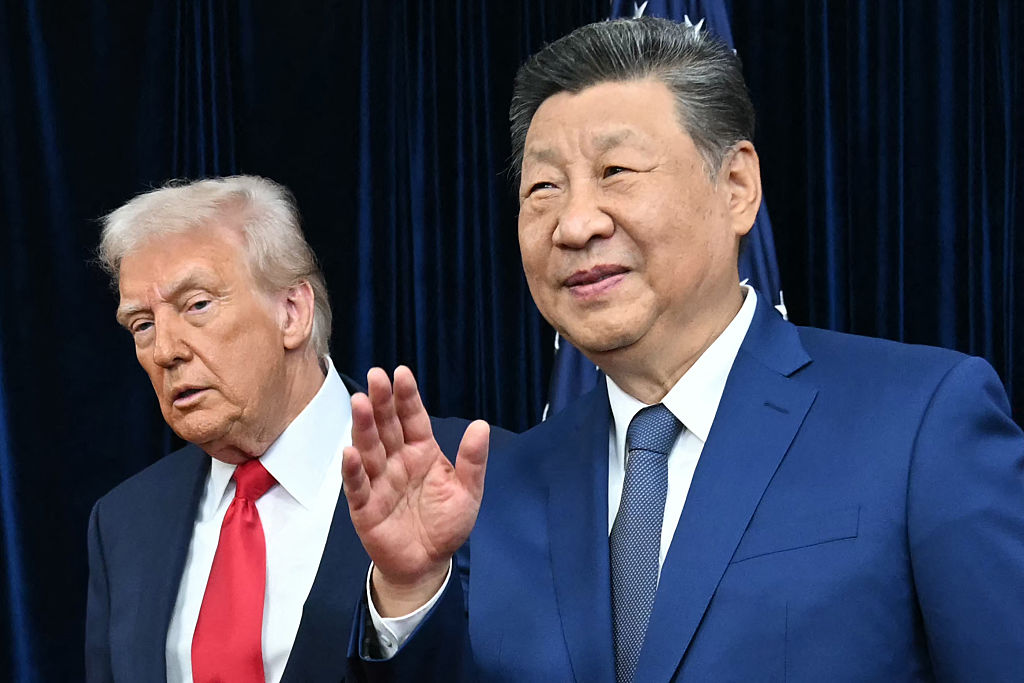







Leave a Reply